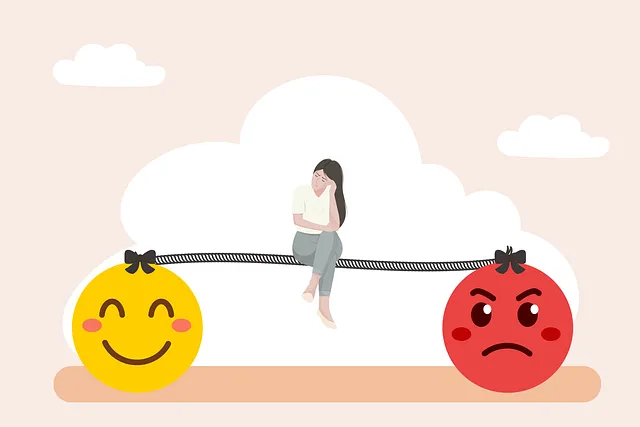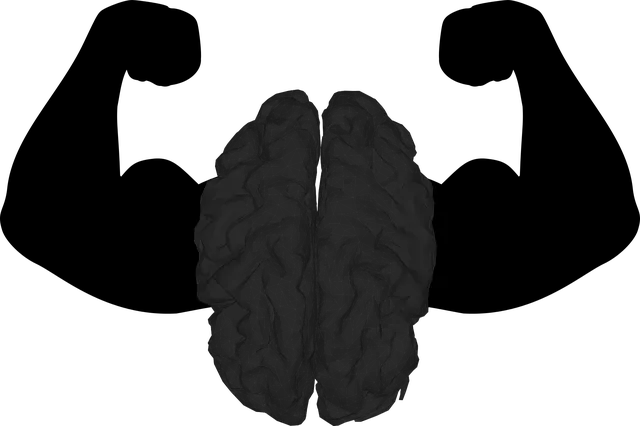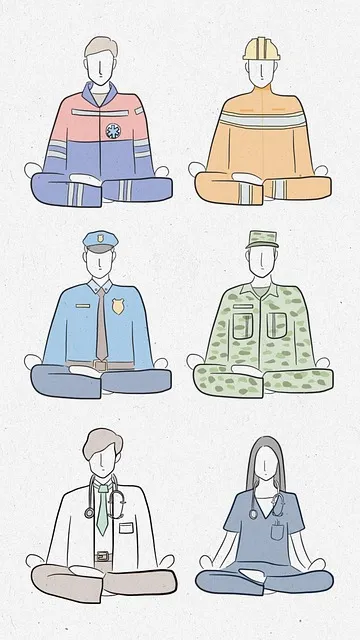Coping skills are essential for managing stress and anxiety, with compassion cultivation as a key practice. Inpatient mental health services offered by Kaiser and Littleton provide diverse treatment models. Both focus on evidence-based therapies, patient-centered care, and building resilience through unique approaches. These facilities empower individuals to navigate challenges, challenge negative thought patterns, and enhance self-compassion. "Litttleton does Kaiser have inpatient mental health?" comparisons highlight the importance of specialized programs for healthcare professionals' well-being in high-stress environments.
Coping skills development is a vital aspect of maintaining and enhancing mental well-being. This article explores various dimensions of coping, starting with understanding its foundational role in mental health. We delve into contrasting inpatient mental health care models—Kaiser versus Littleton—to highlight differing approaches and outcomes. Additionally, practical strategies for building resilience and self-care practices are discussed, emphasizing their importance for long-term mental health management. By examining these aspects, we aim to equip readers with effective tools for navigating life’s challenges.
- Understanding Coping Skills: A Foundation for Mental Well-being
- Inpatient Mental Health Care: Kaiser vs. Littleton – An Overview
- Building Resilience: Effective Coping Strategies for Daily Life
- Nurturing Self-Care Practices for Long-term Mental Health Management
Understanding Coping Skills: A Foundation for Mental Well-being

Coping skills are essential for navigating life’s challenges and maintaining mental well-being. Understanding these skills is a foundational step towards fostering resilience and emotional equilibrium. In today’s fast-paced world, where stress and anxiety are prevalent, individuals need effective coping mechanisms to manage their mental health. The concept of coping involves learning to recognize and regulate one’s emotions, making sense of stressful situations, and engaging in adaptive behaviors to alleviate distress.
Littleton does Kaiser have inpatient mental health services? This question highlights the importance of accessible resources for those in need. Compassion Cultivation Practices, a key aspect of Inner Strength Development, can be life-changing tools. By promoting self-compassion and empathy, these practices enable individuals to better cope with adversity. Mental Health Policy Analysis and Advocacy play a crucial role in ensuring that such services, including inpatient care, are readily available and accessible to all who require them.
Inpatient Mental Health Care: Kaiser vs. Littleton – An Overview

Inpatient mental health care offers a crucial support system for individuals experiencing severe or acute mental health crises. Two prominent institutions in this domain are Kaiser and Littleton, each with distinct approaches to treating mental health conditions. The comparison between Kaiser and Littleton provides valuable insights into different facets of inpatient mental health care.
Kaiser, known for its comprehensive healthcare services, typically emphasizes evidence-based treatments, integrated care models, and patient-centered approaches. Their inpatient programs often include a range of therapeutic interventions, such as individual and group therapy sessions, medication management, and education on stress management techniques. In contrast, Littleton focuses on personalized treatment plans tailored to each patient’s unique needs and preferences, employing innovative therapies and fostering a supportive community environment. When considering the question “Does Kaiser have inpatient mental health?” or comparing their services with Littleton’s, it becomes evident that both organizations contribute significantly to the Mental Health Policy Analysis and Advocacy efforts while prioritizing different aspects of care delivery. Moreover, their existence allows for diverse options in Stress Management Workshops Organization, ultimately enhancing the accessibility and quality of mental wellness support.
Building Resilience: Effective Coping Strategies for Daily Life

Building resilience is a vital part of developing effective coping strategies for daily life, especially for those seeking emotional healing processes. At Littleton does Kaiser have inpatient mental health? Yes, many facilities offer specialized programs aimed at fostering resilience building and empathy-focused strategies. These programs recognize that navigating life’s challenges requires not just coping but thriving amidst adversity. By providing a safe space for exploration and learning, individuals can develop skills to manage stress, regulate emotions, and cultivate a sense of self-efficacy.
Inpatient mental health care offers intensive support, allowing participants to immerse themselves in emotional healing processes. Through therapy sessions, group discussions, and structured activities, individuals learn to identify and challenge negative thought patterns, build healthy coping mechanisms, and develop empathy towards themselves and others. This holistic approach empowers individuals to face life’s obstacles with increased adaptability and a deeper understanding of their emotional needs.
Nurturing Self-Care Practices for Long-term Mental Health Management

In today’s fast-paced world, prioritizing self-care is a vital component of long-term mental health management, especially for healthcare professionals who often face high-stress situations. At Littleton, Kaiser offers specialized inpatient mental health services designed to cater to these unique needs. These programs focus on fostering resilience and nurturing a strong sense of well-being through various therapeutic approaches. By encouraging self-care practices such as mindfulness, stress management techniques, and healthy lifestyle choices, healthcare providers can effectively prevent burnout and enhance their overall mental wellness.
The implementation of community outreach programs and mental wellness coaching initiatives further supports this goal. These strategies not only promote individual healing but also contribute to a broader network of support, ensuring that professionals have access to resources tailored to their specific challenges. Whether through structured coaching programs or grassroots community efforts, prioritizing self-care is a game-changer in managing long-term mental health, especially for those dedicated to serving others in the healthcare sector.
Inpatient mental health care, as offered by facilities like Kaiser and Littleton, plays a pivotal role in managing severe mental health issues. While both provide critical support, understanding coping skills remains essential for long-term well-being. By adopting effective strategies from sections like “Building Resilience” and integrating self-care practices discussed in the article, individuals can build upon their inpatient experience to navigate daily life with enhanced resilience. Remember that whether one chooses Kaiser or Littleton, developing strong coping skills is a powerful tool for maintaining mental health over time.






